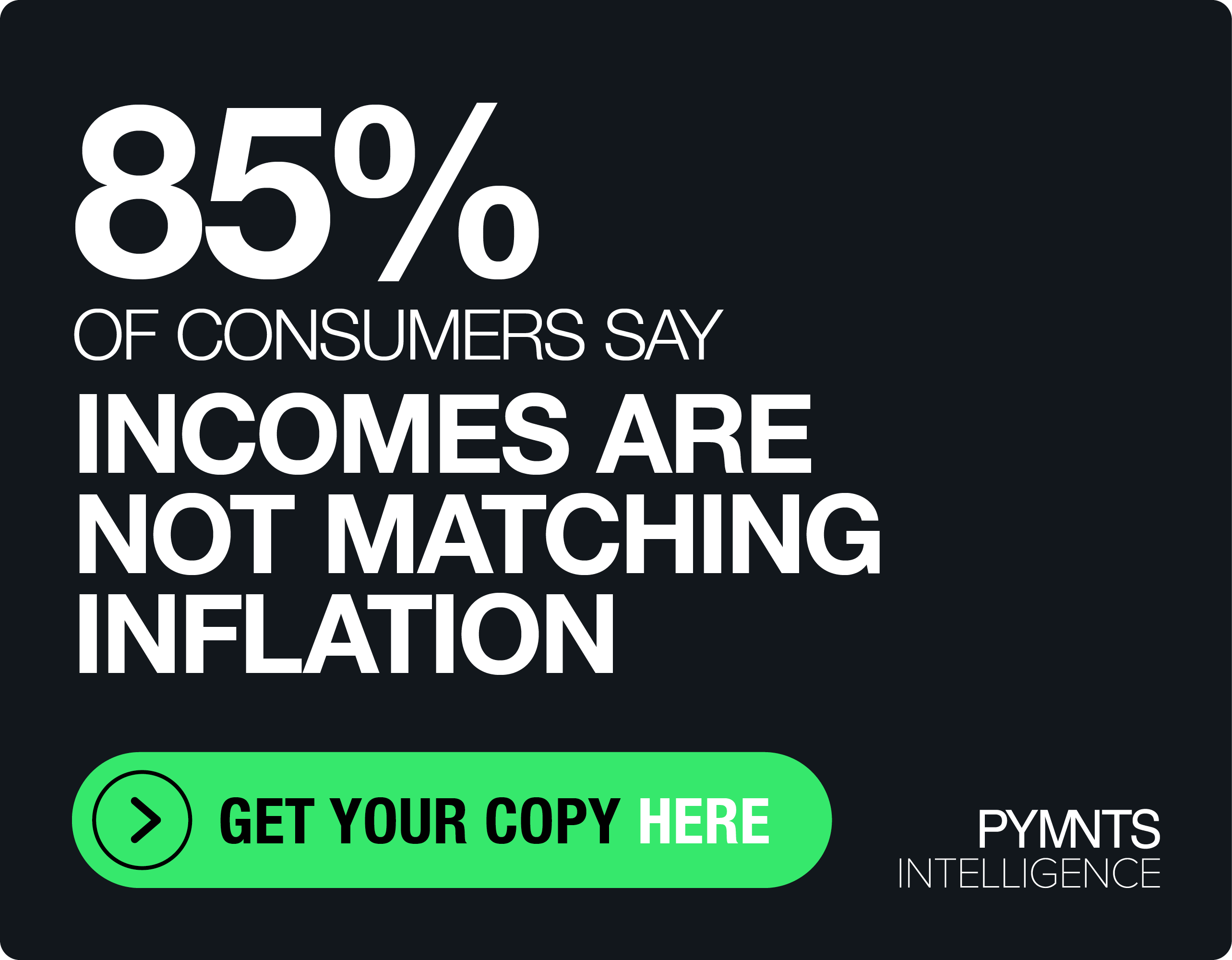The Tiffany-Costco Counterfeit Dispute Is Back

Counterfeit goods on online marketplaces have seen an explosion amid COVID-19 from both those who attempt to pass off fakes and the platforms that try to block them. But this week has seen the resumption of a counterfeiting case between Costco and posh jewelry retailer Tiffany & Co. that demonstrates just how complicated the issue can get. It also shows how muddy the lines between a “real” and “fake” version of an item can actually be.
If one advertises a “Tiffany ring,” are they making a claim about the ring’s design, or about the ring’s maker? If that sounds like a fairly simple question, a lawsuit seeking the answer is now into its seventh year – and shows signs of dragging on for quite a bit longer.
Is a Tiffany Ring by any Other Name Just as Stylish?
The trouble dates back to 2013, when Costco was selling “Tiffany” engagement rings as part of a Valentine’s Day promotion.
The rings were “Tiffany” in the sense that they resembled rings sold by Tiffany, were labeled “Tiffany” and were sold in pretty, light-blue boxes similar to what Tiffany & Co. uses. But they weren’t actually designed or made by Tiffany & Co., the famous New York-based jewelry firm.
Tiffany & Co. quickly announced that it had absolutely no association with the Costco jewelry, and that it was unpleasantly surprised by irate consumers’ complaints that something labeled “Tiffany” was being sold at Costco. And so, the company sued Costco for trademark infringement and counterfeiting.
Costco’s defense was that it didn’t think “Tiffany” denoted a specific brand of ring. Instead, the retailer maintained that the word referred generically to a certain design typical of Tiffany products – sort of like the way any lamp with stained-glass shading is called a “Tiffany lamp.”
But the lamp defense didn’t hold much water with a federal judge who ruled against Costco in 2016.
A quick scan notes that the Tiffany lamp and Tiffany & Co. share a common creator – French designer Louis Comfort Tiffany – but not much in the way of common history. Thus, Tiffany successfully argued that the term “Tiffany engagement ring” is not a general descriptor of a type of ring in a pretty blue box, but actually designates a quality of style and design certified by Tiffany & Co.
A judge rejected Costco’s defense, and a jury that convened to set damages decided that Costco owed Tiffany some $19.4 million over the warehouse club’s engagement ring sales. The ruling also permanently barred Costco from selling anything not made by Tiffany as a “Tiffany” product – unless the chain used modifiers like “Tiffany setting,” “Tiffany set” or “Tiffany style.”
But Costco vowed to appeal, calling the judge’s summary judgment against the retailer “a product of multiple errors. This was not a case about counterfeiting in the common understanding of that word – Costco was not selling imitation Tiffany & Co. rings.”
And as of this week, a three-judge panel for the U.S. Second Circuit Court of Appeals found Costco’s defense at least compelling enough that it must go before a jury. The panel that the lower court erred in ruling against Costco with a summary judgment instead of allowing a jury to decide the entire case – both the legal arguments and any damages awarded.
The appeals court found that Costco had presented enough evidence so that a jury “could reasonably conclude that consumers of diamond engagement rings would know or learn that ‘Tiffany’ describes a style of setting not unique to rings manufactured by Tiffany, and [could] recognize that Costco used the term only in that descriptive sense.”
The appellate judges also found that a jury could declare that customers have a variety of ways to determine that Costco rings weren’t manufactured by Tiffany.
Ultimately, the appeals court found that there is a reasonable dispute to be settled over whether Costco’s use of the word “Tiffany” is merely descriptive and therefore falls within the boundaries of the “fair use” doctrine, as Costco has claimed. The judges ruled that a jury make that decision based on the case’s merits.
Unsurprisingly, Tiffany & Co. was less than thrilled with the latest decision. “We are disappointed in the Court’s ruling, which finds that a jury, rather than the judge, should have decided the question of liability in the first trial,” the company said in a statement released Monday (Aug. 17), as per TheFashionLaw.com.
“We continue to believe that the district court was correct in its findings, and that the jury’s finding on damages, which resulted in a $21 million award for Tiffany & Co., is a clear indicator of the strength of the Tiffany brand, and of the jury’s outrage over Costco’s actions,” the jeweler said.
But Tiffany & Co. added that “we have no qualms about trying this case again and remain confident that a jury will find counterfeiting and infringement upon retrial, just as the district court judge originally ruled.”
And so the Costco-Tiffany battle starts up again, most likely with a new jury trial in U.S. district court – where Costco will get another shot at defending itself, and Tiffany will argue that its trademark was violated.
